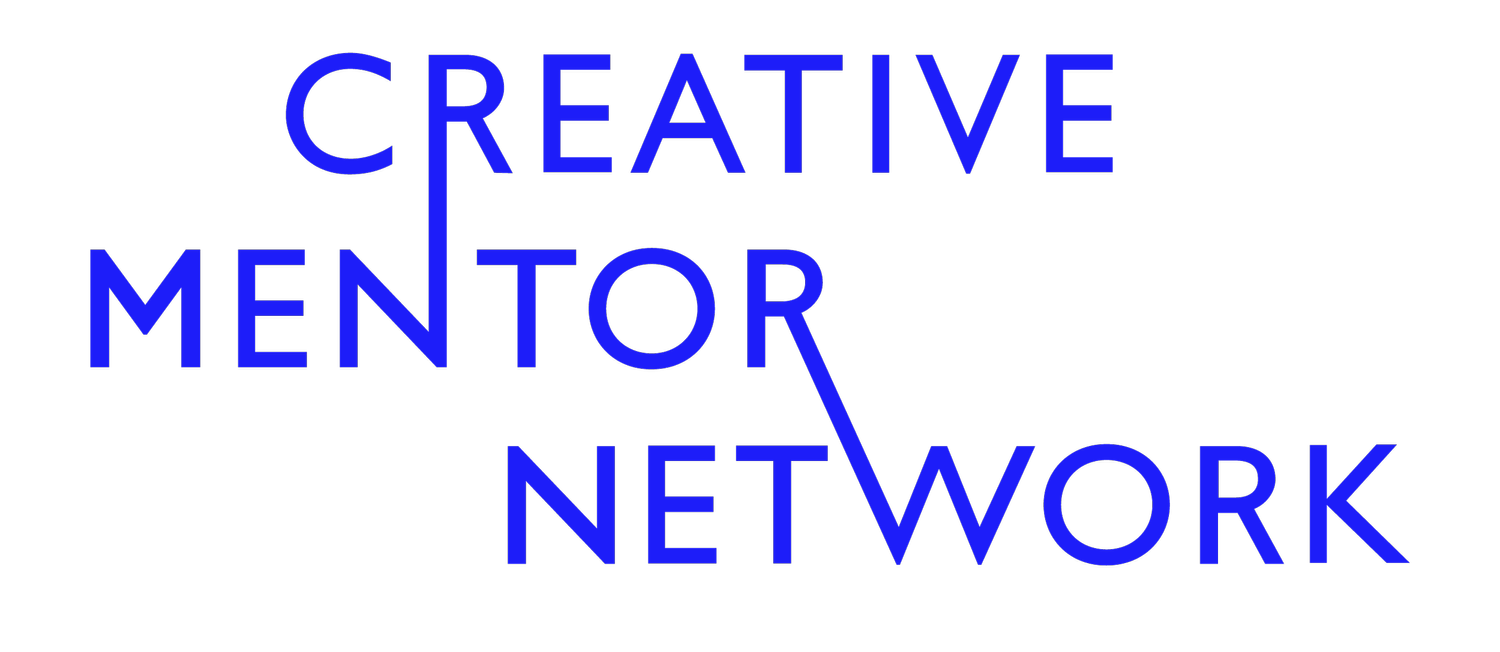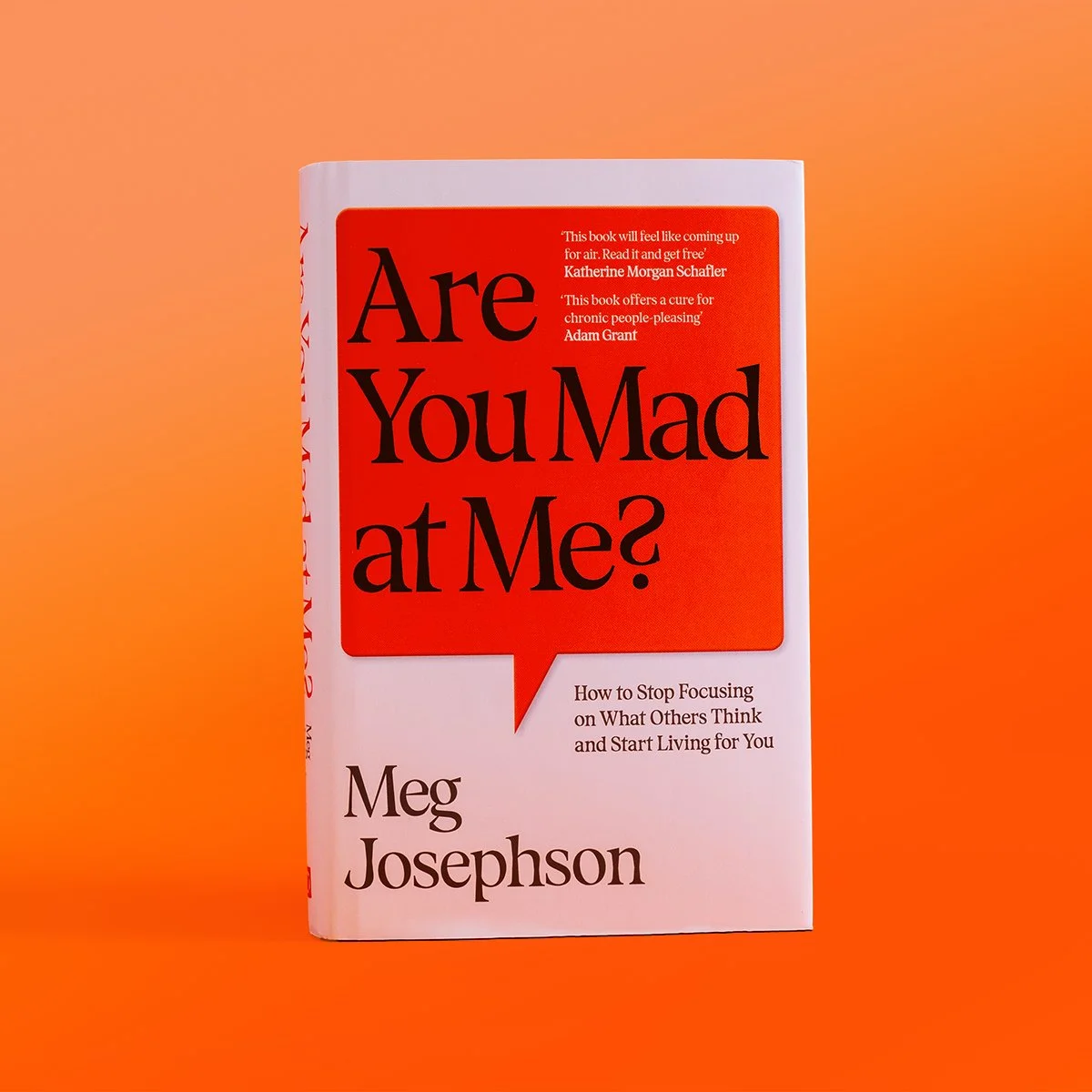The Fawn Response in Creative Careers: Interview with Meg Josephson
At Creative Mentor Network, we know that careers in the creative industries can be as emotionally demanding as they are inspiring. These pressures can be especially heavy for those from working class backgrounds, who don’t always feel like they belong in these spaces. They can feel an extra pressure of having to prove themselves in a way their peers don’t need to.
Working with Penguin Random House, we were given the opportunity for a young creative in our community to interview the author on fawning in the creative industries.
About Salma Abouelela
Salma is a multi-passionate creative currently focused on building Creative Wellbeing workshops and experiences for the community at Noor Collective [@_noor.collective]. Her work is focused on Wellbeing, Creative Expression and Trauma Healing, all of which she has personal experience with.
I wanted to interview Meg because this theme really hits home, People Pleasing [Fawning] has been an ongoing theme in my life. I've also felt the force even more strongly since taking on more creative projects, the yo-yo between wanting to share and connect, and then the yearning to just hide away. It’s real, and I know it's a common feeling among creatives, especially those of us on the more sensitive side. I’m excited to explore this with an expert in her field to delve deeper into the psychology behind this response.
Follow Salma on Instagram @livinlavidasalma and the collective @_noor.collective
In this Q&A, Salma sits down with writer and therapist Meg Josephson to explore ideas from her new book Are You Mad At Me? a powerful look at the “fawn response” and how it shows up in our lives and creative work. Together, they discuss the patterns many of us recognise: chasing approval, fearing rejection, wrestling with perfectionism, and the challenge of staying authentic in a world of constant comparison.
Keep reading for their conversation, and don’t miss your chance to win a copy of Meg’s book at the end of the article.
Many young creatives struggle with wanting approval or fearing rejection. In Are You Mad at Me?, you explore this through the idea of “fawning.” How do you see that pattern showing up in creative careers, and what advice would you give to someone trying to break free from it?
With the fawn response, we learn to find safety in external validation and approval. So if we learned throughout our lives: everyone needs to like me and what I do/say in order for me to feel okay, that’s going to inevitably bring up challenges in a creative career because art is subjective, and not everyone is going to love it. The work here is releasing control over how we're being perceived (easier said than done), and this really starts by noticing when we are anticipating judgments from other people, when we’re using external validation to guide our decisions, and ask ourselves: well, what do I think of this? Do I enjoy my work? Am I proud of it? It’s not that we won’t ever be judged or perceived – it’s about soothing ourselves through the discomfort of being perceived.
You write about six different archetypes: the peacekeeper, performer, caretaker, perfectionist, lone wolf, and chameleon. Which of these do you see most often in creative people, and how might recognising our archetype help us grow into a more authentic creative voice?
I would say the perfectionist is quite prevalent in creatives. The belief being: in order for me to create, I need to be perfect, the conditions need to be perfect, and my work needs to be perfect. I can’t be seen trying, or seen as imperfect. When we can notice this inner voice and not believe it so quickly, that’s when we can begin to move forward. That perfectionistic voice will still be there – we are creating with that voice, and not letting it rule us. Many of us learn that we need to be perfect in order to be seen, and creating imperfectly is a great way to break out of that.
Rejection and tough feedback are an inevitable part of the creative journey. How can creatives learn to face those moments without falling into self-criticism or overcompensation?
I think by first acknowledging that it is indeed inevitable, and that criticism isn’t a commentary on us as people, and it’s not the full, objective truth. Feedback isn’t a fixed fact. The most important practice is being aware of our own self-criticism and overcompensation, and pausing before engaging deeply with those behaviors. If this person isn’t giving you validation, can you at least give the validation to yourself?
Your book shares practices from mindfulness and Internal Family Systems. How might a young creative use some of these tools when they’re stuck in a block or overwhelmed by self-doubt?
Through the lens of IFS, we’re really viewing this perfectionistic, people pleaser part of ourselves as a part – a part that is trying to protect us and keep us safe. Sometimes, we need this. Other times, we carry it into situations where we’re actually safe, and it’s not so necessary. When we’re stuck in a block or overwhelmed and scared to move forward, we can acknowledge that this part was activated and ask: am I safe right now? Do I need to hide or can I take one small step forward?
With such a big following yourself, you know how social media can shape how we create. What are some ways emerging creatives can stay true to their work while navigating likes, comments, and online comparison?
First and foremost, being attuned to what you enjoy posting, the type of content you enjoy consuming, and staying true to what feels good to you. You don’t need to be for everyone – start by creating what you are drawn to, and the right people will gravitate toward you. Focus less on how it’s performing, and more on how it’s feeling. When a post or something does well, you can allow yourself to enjoy that. Validation feels good! But when it doesn’t do well, notice the temptation to create a bigger story about it, like, “I’m so bad at this and I should just delete it forever!”. Notice that voice, and give it some space.
Creativity often means taking risks, sharing work that feels vulnerable or going against what’s trending. How would you advise creatives to take those risks without burning out or losing confidence?
Take those risks in small, safe steps. With your creative work, take in small bites of discomfort, so that you can feel uncomfortable and safe at the same time. And knowing that this creative work is for the long-haul, allow yourself to take breaks and be easy with yourself. You’re not a machine!
A lot of creatives end up tailoring their work to what they think others want. How does that connect to the idea of fawning, and what practices can help someone return to what actually feels authentic to them?
With fawning, we tend to morph ourselves to fit what we think other people want to see, so that we can feel safe and loved. When you notice yourself brainstorming ideas and immediately going to what other people want, pause and ask yourself: what do I want? What do I like? What feels true to me? Oftentimes, we need to try things out in order to discover what feels authentic, so allow yourself to play.
You share powerful personal experiences in your book, like the therapy session that changed how you saw yourself. How have those moments shaped your own creative expression, and what do you hope emerging creatives might take from your journey?
Over time (and something I’m still working on), is allowing myself to be seen in my work, knowing that it is really the more personal and emotional things that people connect with. It’s important to find that personal balance of what feels okay to share, and what doesn’t, but letting that human side come through. I hope creatives can take from my journey that you don’t need to be perfect to be seen, you can be your messy self.
Our competition to win a copy of Are You Mad At Me? is now closed. For more opportunities and see what we are up to, sign up to our newsletter here.




